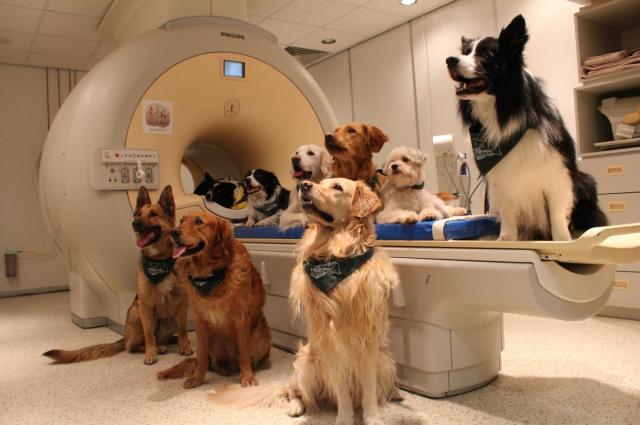-
Tips for becoming a good boxer - November 6, 2020
-
7 expert tips for making your hens night a memorable one - November 6, 2020
-
5 reasons to host your Christmas party on a cruise boat - November 6, 2020
-
What to do when you’re charged with a crime - November 6, 2020
-
Should you get one or multiple dogs? Here’s all you need to know - November 3, 2020
-
A Guide: How to Build Your Very Own Magic Mirror - February 14, 2019
-
Our Top Inspirational Baseball Stars - November 24, 2018
-
Five Tech Tools That Will Help You Turn Your Blog into a Business - November 24, 2018
-
How to Indulge on Vacation without Expanding Your Waist - November 9, 2018
-
5 Strategies for Businesses to Appeal to Today’s Increasingly Mobile-Crazed Customers - November 9, 2018
Dogs Respond to Words and Inflection
Dog experts have described at length the benefits of reward and positive reinforcement during the training process.
Advertisement
According to a new study dogs are capable of understanding words to the extent that intonation is of secondary importance.
As dog owners might predict, the reward centers of the dogs’ brains responded when positive words were spoken in high-pitched, cheerful tones.
Researchers in Hungary scanned the brains of dogs as the animals listened to their trainer speaking.
“What we found was really surprising”, said lead researcher Attila Andics, a neuroscientist at Eotvos Lorand University in Budapest. Random words said in a neutral tone, as well as meaningful words spoken in a neutral tone, didn’t have the same effect.
Not only does this tell us more about dogs, but it reveals that humans are not as unique as we thought when it comes to how our brain deals with language.
“I think that dogs do understand people’s tone because I know for sure if I’m stern to my dog, she starts to cower”, Burrell said. Though they may understand words of praise said in any manner, it only makes dogs happy to hear us praise them when we do it with proper feeling.
“It is mainly the left hemisphere’s job to process word meaning, and the right hemisphere’s job to process intonation. It shows that dogs’ brains process the sounds of a person’s voice in two ways”, said Clive Wynne, psychology professor and director of the Canine Science Collaboratory at Arizona State University, who was not involved in the new study. The dogs considered both meaning and intonation when processing their trainer’s speech. “The hard aspect of the training was to convince dogs that “motionless” means really motionless”.
Dogs didn’t develop the physical structures that would have allowed them to form words, but they have the mental capacity to process words and intonations from their human companions, in other words.
Advertisement
What they found was that just like humans, dogs aren’t just processing the noise, they’re processing the word and then processing whether the intonation is positive or negative.




























